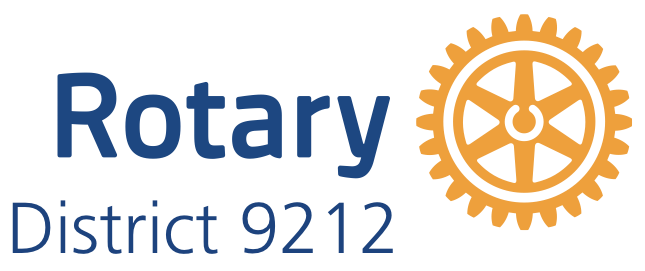To HAVE and to HOLD
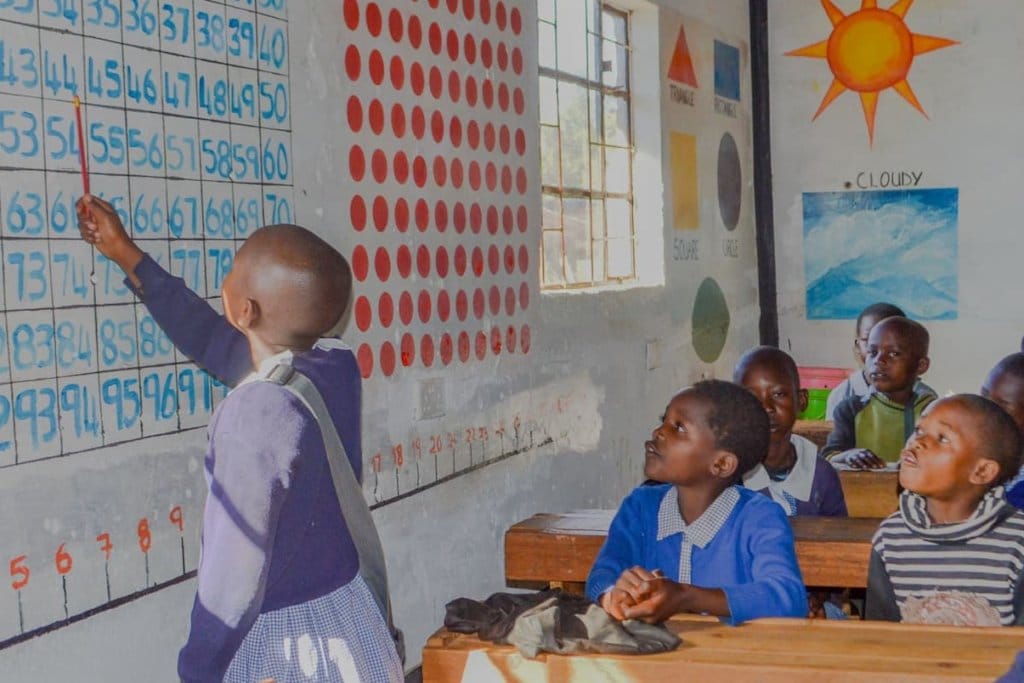
Twenty-three years old Martha grew up in Majengo, a low-income neighborhood in the county of Mombasa, Kenya. Her mother sold groceries at Kongowea market while her father was doing odd jobs to fend for the family. The family of four lived from hand to mouth and education was not a priority. When she was eight years old, Martha lost her parents through a tragic road accident.
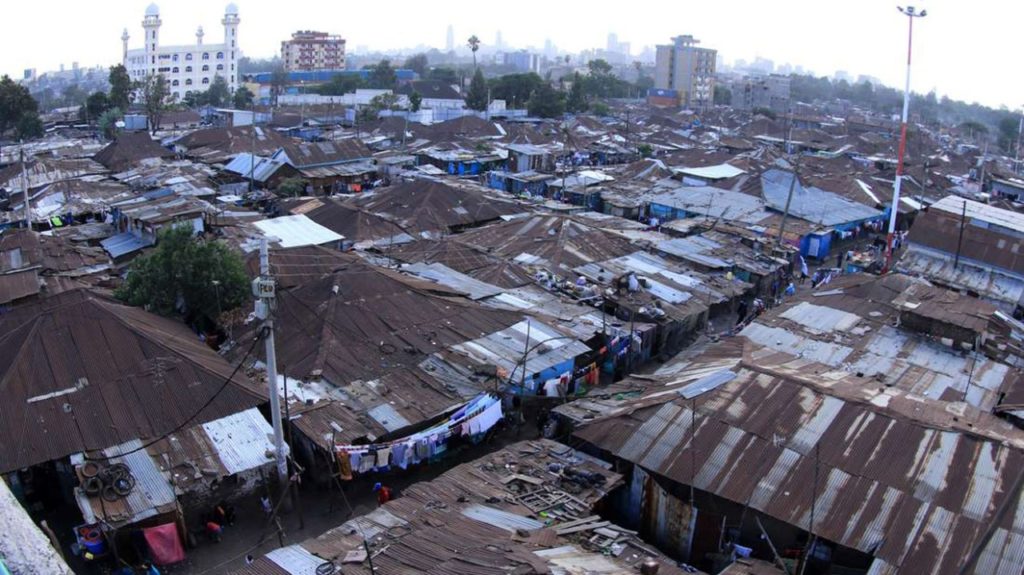
A local manufacturing company stepped in and sponsored Martha through primary school as part of its corporate social responsibility. With only one chance at redeeming herself from the shackles of poverty, Martha would give her best shot at the national examinations and secure a full high school sponsorship under the “Wings to Fly” program; an initiative of the Equity Group Holdings Plc and MasterCard Foundation that supports secondary education for top performing students from financially challenged backgrounds.
Upon her admission at a local national high school, Martha had a glimpse of the impact of education. Four years later, she would secure a once-in-a-lifetime chance to further her education at a coveted Ivy League University. At the time of writing this article, Martha was undertaking her internship at the National Aeronautics and Space Administration (NASA) in Washington DC, USA.
The first thing that strikes our minds when we think about education is amassing wealth. Right? You want to go to school to alleviate poverty and lead a decent, comfortable life. That is just one frame of a much bigger picture. To fully understand the importance of education and why there is a much emphasis on it, let us reflect on some statistics from Rotary International.
According to the data, if all women completed primary education, there would be 66% fewer maternal deaths. In addition, a child born to a mother who can read is 50% more likely to survive past the age of five. The data further shows that if all students in low-income countries left school with basic reading skills, 171 million people would be lifted out of poverty, which would be equivalent to a 12% reduction in world poverty.
“Literacy is the road to human progress and the means through which every man; woman and child can realize his or her full potential,” the late former United Nations Secretary General Kofi Anan once said.
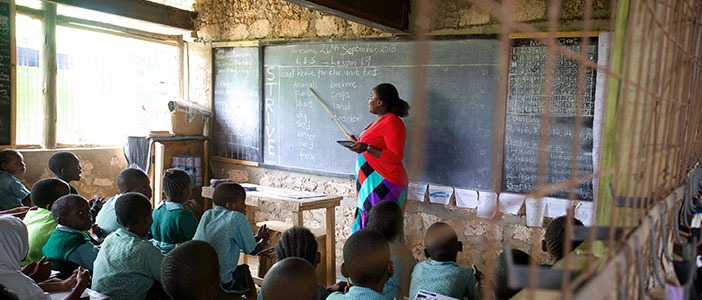
Basic education and literacy is one of The Rotary Foundation’s seven areas of focus. In 1985, Rotary declared basic literacy to be a pre-condition for peace. Through this emphasis, the 35,000 Rotary clubs in the world and more than 1.2 million Rotarians have a common agenda to address literacy challenges for primary, vocational and adult learners as well as teacher training.
Our goal, as Rotarians and Rotaractors, is to strengthen the capacity of communities to support basic education and literacy, reduce gender disparity in education, and increase adult literacy. Education gives us knowledge of the world around us and changes it into something better. In other words, education gives you a fair chance at life. Therefore, we can all agree that education is much more than an avenue to amassing wealth; it is essential for reducing poverty, improving health, encouraging community and economic development, and promoting peace.
For Rotary, September is the Basic Education and Literacy month. It is a rallying call to all Rotarians, rotaractors, family, and friends of Rotary, to relentlessly strengthen the capacity of communities to provide basic education and literacy for all.
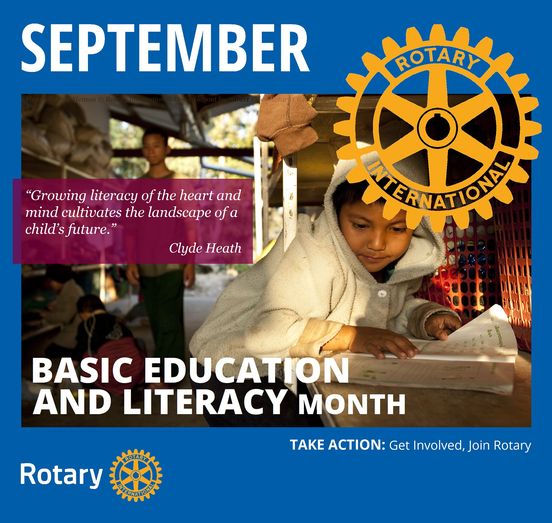
In the case of Martha, it is evident that education is playing a major role in transforming her life. Her trajectory is directly inclined toward a global success story and we can all agree that this would not have been possible without access to education.
Life, at times, is unfair. In a second, you can lose everything; affluence, fame, property. So think of education as insurance where no matter how bad it gets, you have something to fall back to, and start building yourself again.
No one can take away education from you because it is something inside you. You will have it and hold it. All the days of your life.
By: Steve Maina|Vice President, Rotaract Club of Nairobi Central




